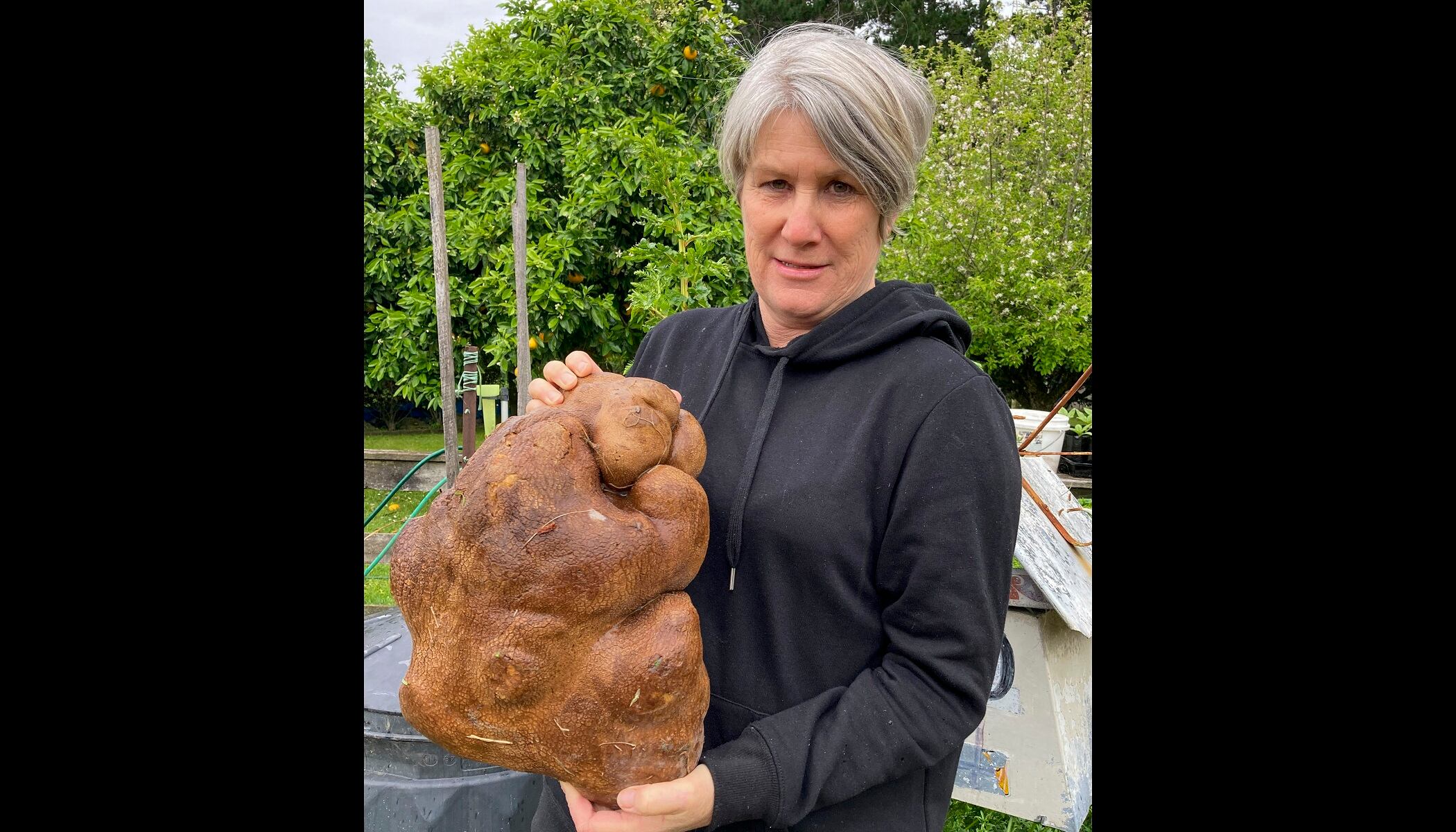Strokes are the fifth leading cause of death, according to the American Stroke Association and they're also a leading cause of disability across the U.S. Dr. Reade De Leacy, a neurosurgery specialist, joined Cheddar News to talk about the importance of response time when treating patients that have suffered strokes. "In stroke, especially in major stroke, two million brain cells are lost for every minute of delay in treatment so time really, really critical," he said.
Share:
More In Science

Bill Gates-Backed Verdox on Pioneering Low-Cost Carbon Capture Tech
The Bill Gates-founded Breakthrough Energy company invested $80 million in Verdox Inc. to facilitate efficient, lower-cost technolog to remove carbon from the air and emission sources. CEO of Verdox, Brian Baynes, joined Cheddar News to discuss the investment, how the company's tech works, and where he sees it going. "We anticipate that with technologies like ours, we potentially can get to the scale of about a million tons per year within 5-10 years," he said. "And then ultimately we need to be doing this at the scales of billions of tons per year and ultimately about 10 billion tons per year in the year 2050."

Sweet Dirt Launches New Line of Cannabis-Infused Edibles
Jessica Oliver, head of operations at Sweet Dirt, joins Cheddar News to talk about the company's latest edible line made with clean cannabis.
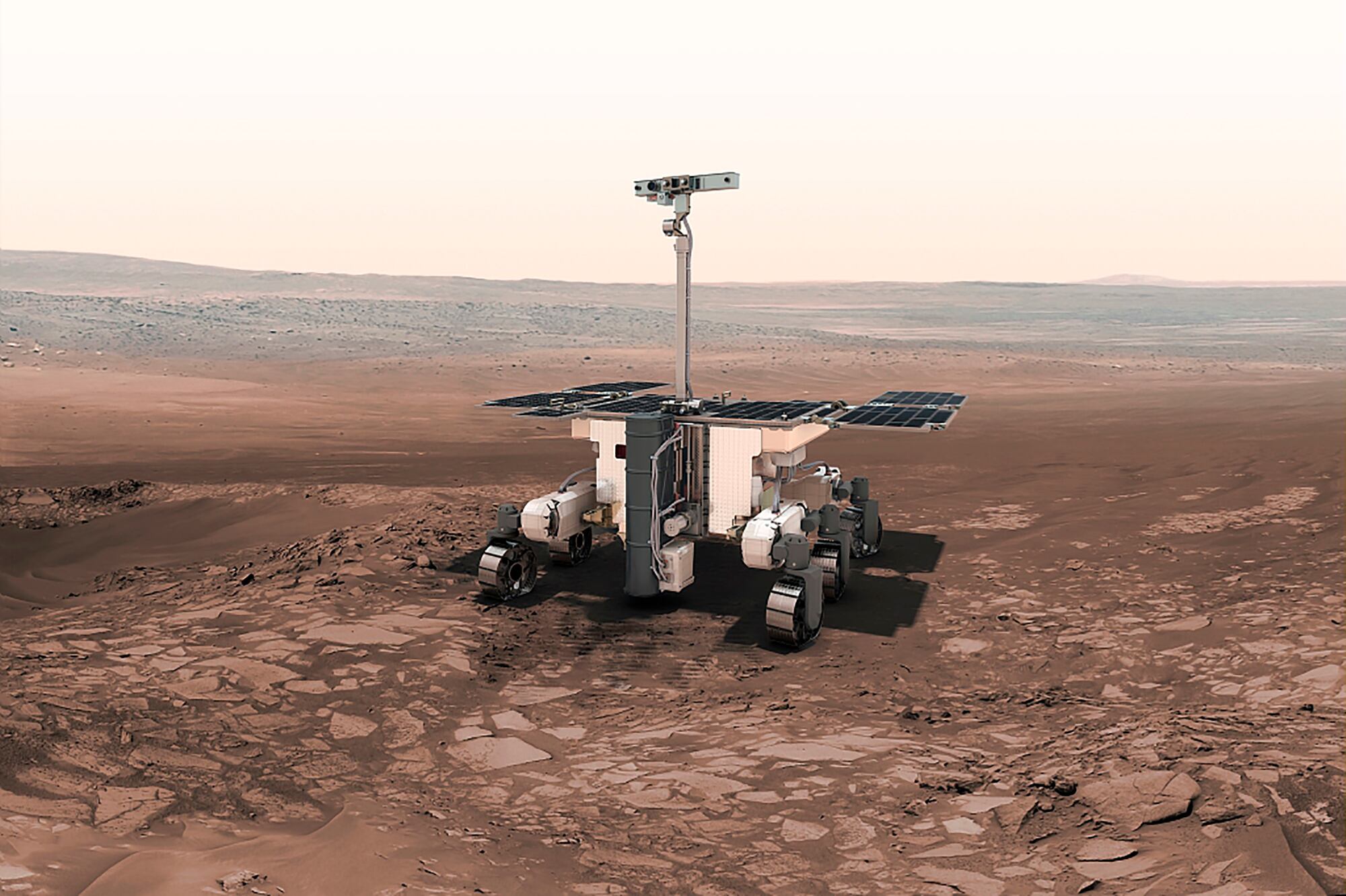
No European Mars Mission This Year, Due to War in Ukraine
Because of the Russian invasion of Ukraine, Europe will no longer be attempting to send its first rover to Mars this year.
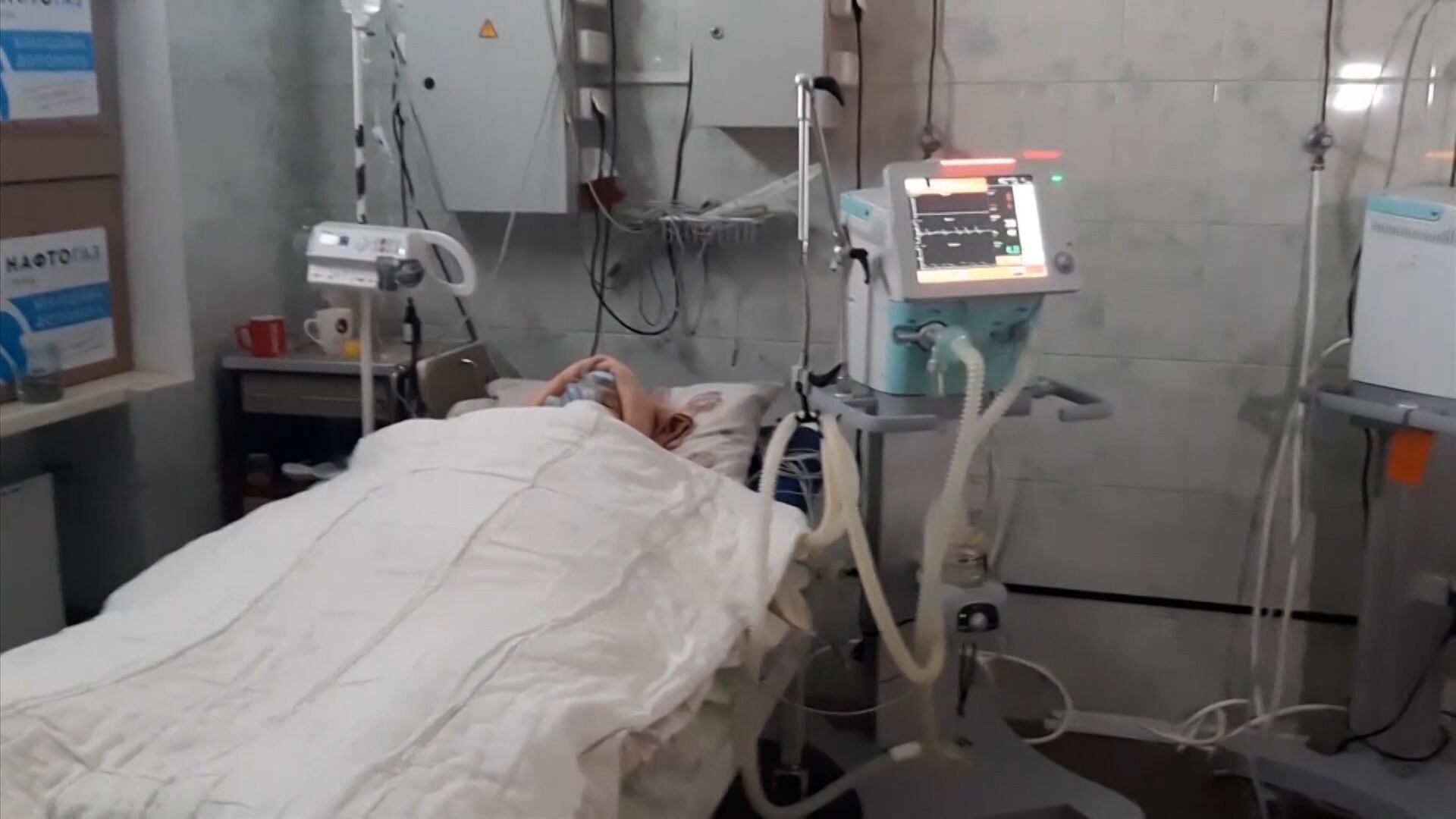
Fears Ukraine War Could Lead to Rise in COVID-19, Other Infectious Diseases
As the Russia's invasion of Ukraine continues, medical experts are worried conditions in active warzones will exacerbate the current pandemic — or even give rise to other contagions. Dr. Daniel Fagbuyi, a war veteran and former Obama administration biodefense appointee, joined Cheddar News to discuss the ongoing danger of COVID-19 on top of the war, as well as the potential for new variants to emerge. "I mean just large volumes of people definitely is a breeding ground. That's the worst case," he said. "Two things don't mix: war-conflict and a virus, a potential pandemic virus."
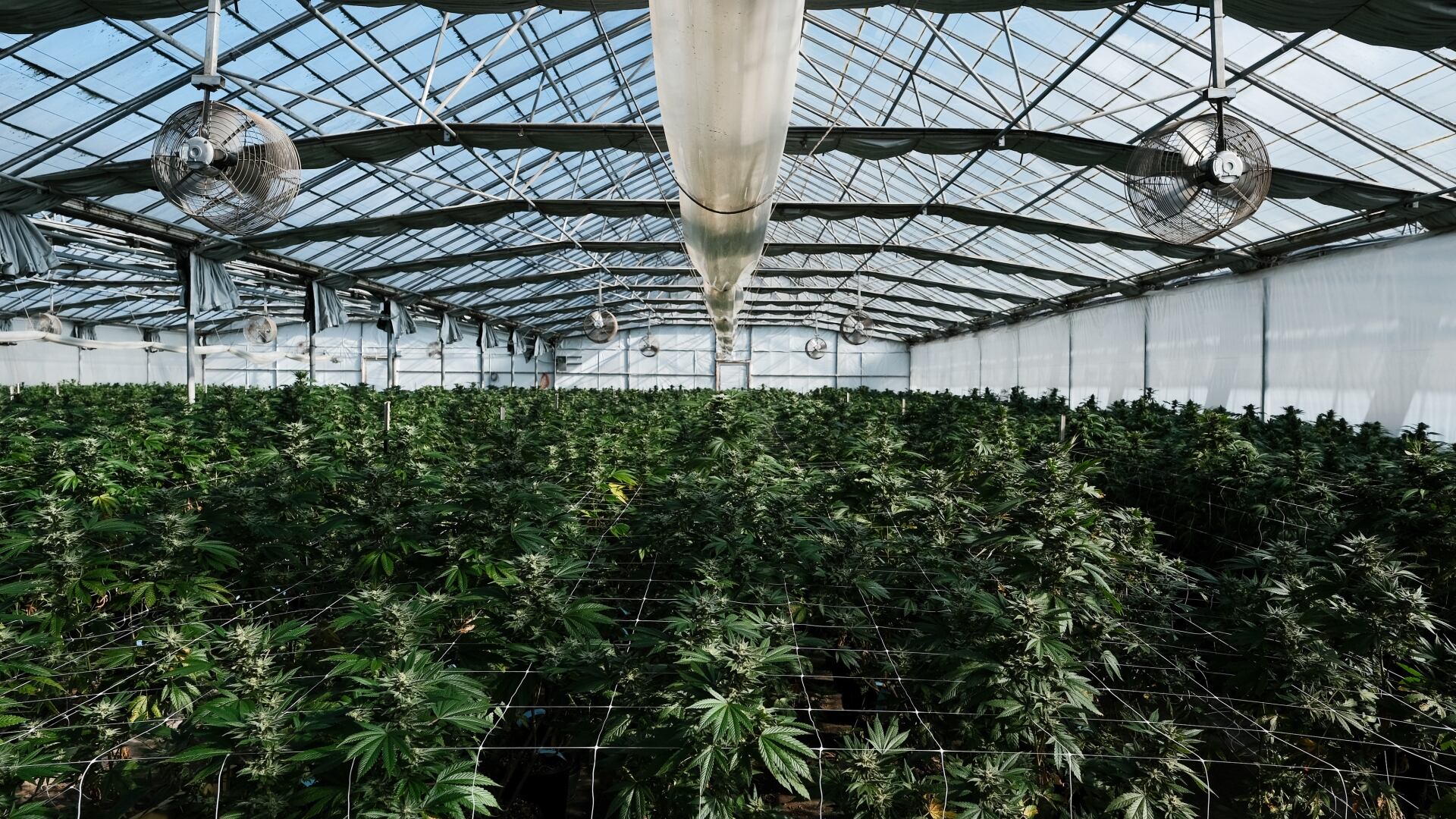
Medical Cannabis Company Akanda Sees Stock Surge in March's First IPO
Medical cannabis company Akanda went public this week in what was the first traditional IPO of the month. Shares jumped about 163% in the stock's first day of trading. The London-based company says it hopes to supply medical cannabis products to wholesalers in international markets. Tej Virk, CEO of Akanda, joins Cheddar News' Closing Bell to discuss.
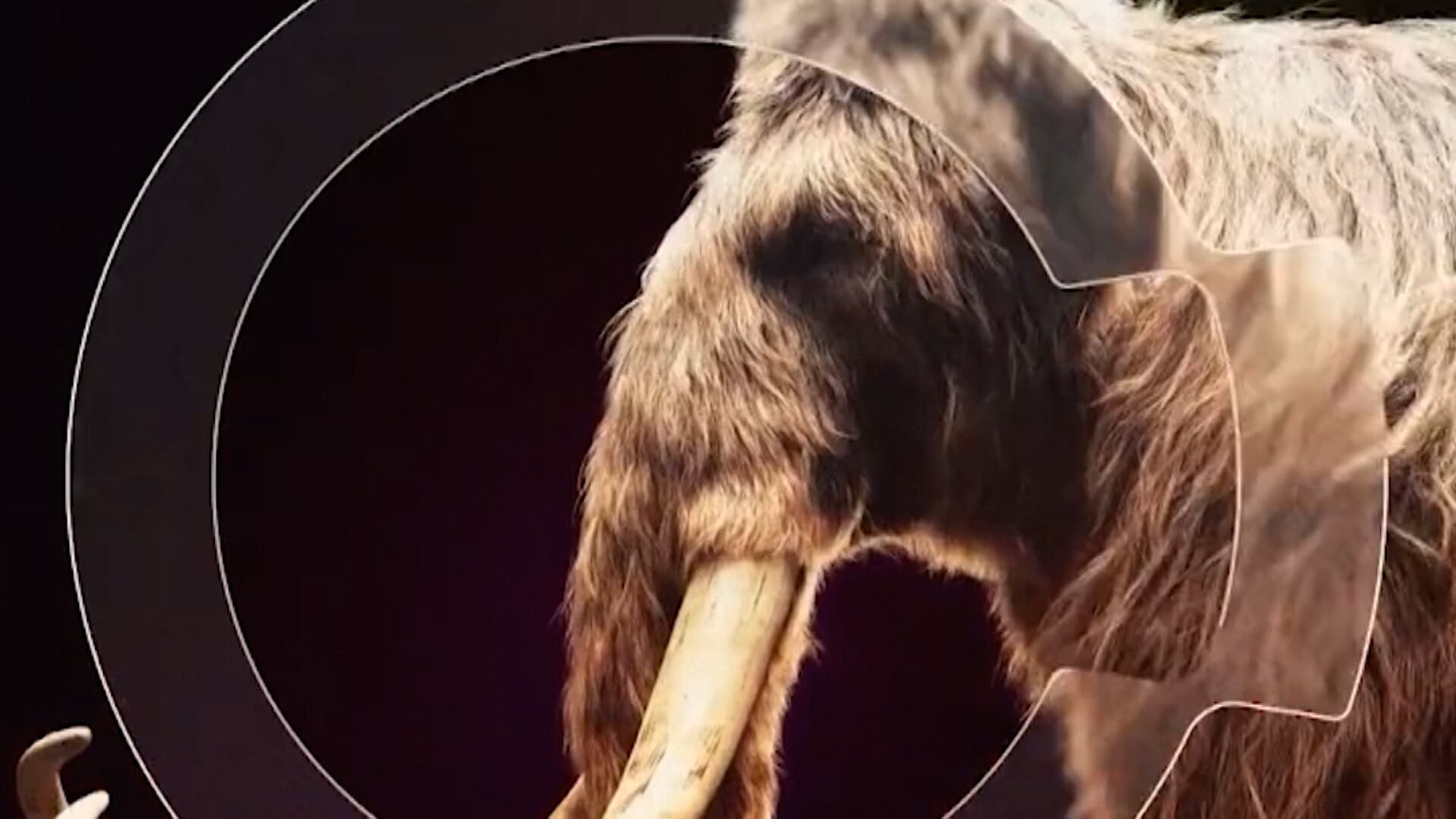
Colossal CEO Says Its About Saving Biodiversity, Not Just Extinct Woolly Mammoth
Bioscience and genetic engineering company, Colossal, raised $60 million in a Series A funding round. Colossal is focused on developing new technologies and genetic tools to restore extinct species, and protect critically endangered species. One of the startup's long-term goals is to resurrect the woolly mammoth, and return it back to the arctic. Colossal also says it is developing technology that expands beyond animals, and has the potential to advance human health. Ben Lamm, co-founder and CEO of Colossal, joins Cheddar News' Closing Bell to discuss.
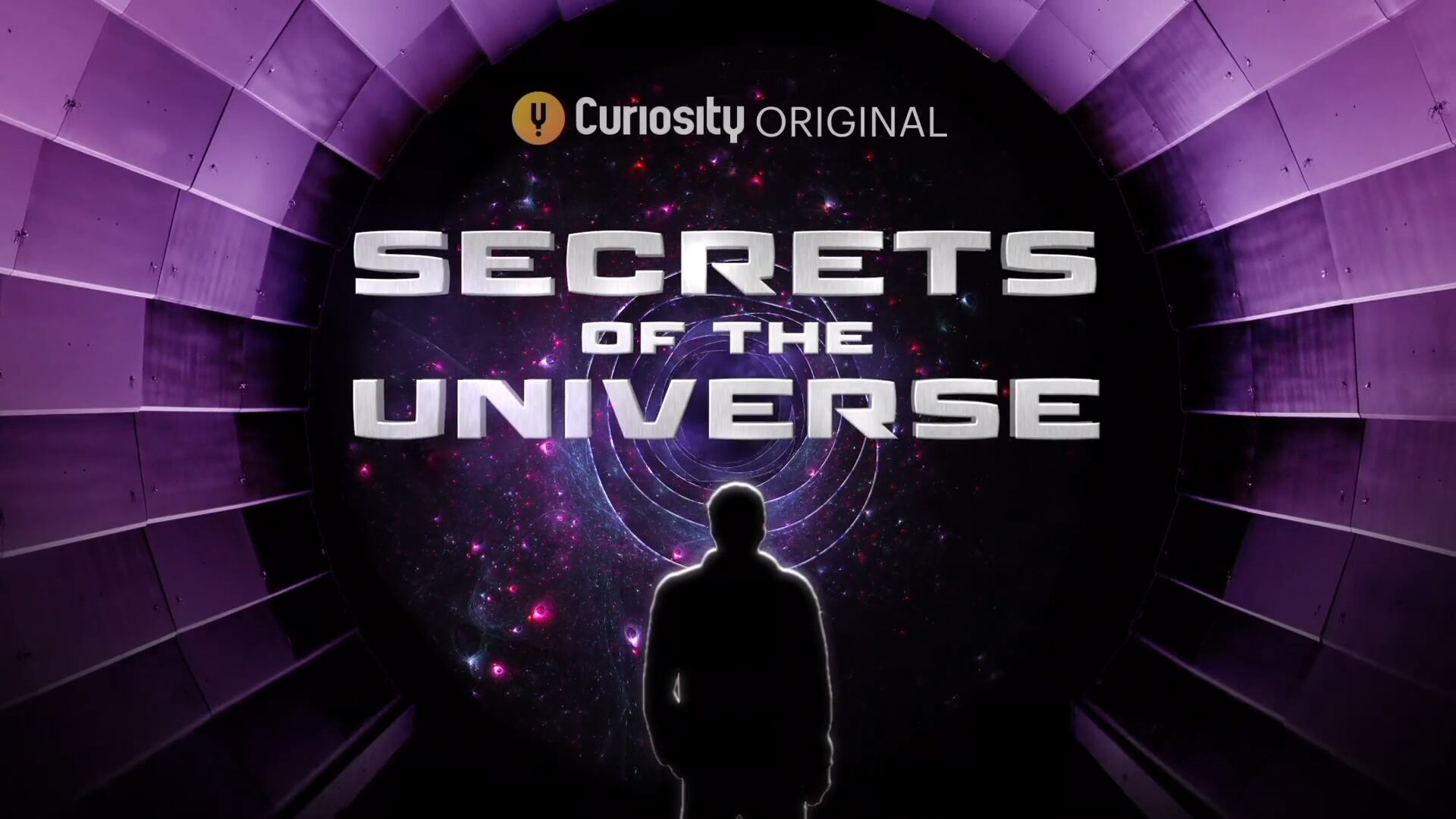
Secrets of the Universe
Cheddar gets a look at Curiosity Stream's 'Secrets of the Universe.'

Space Telescope's Image of Star Gets Photobombed by Galaxies
NASA’s new space telescope is showing perfect vision, with a spiky image of a faraway star that was photobombed by thousands of ancient galaxies.

Cleanup Begins After 7.4 Quake Shakes North Japan, Killing 4
Residents were cleaning their homes Thursday after a 7.4-magnitude earthquake struck off the coast of Fukushima in northern Japan, smashing furniture, knocking out power and killing four people.
